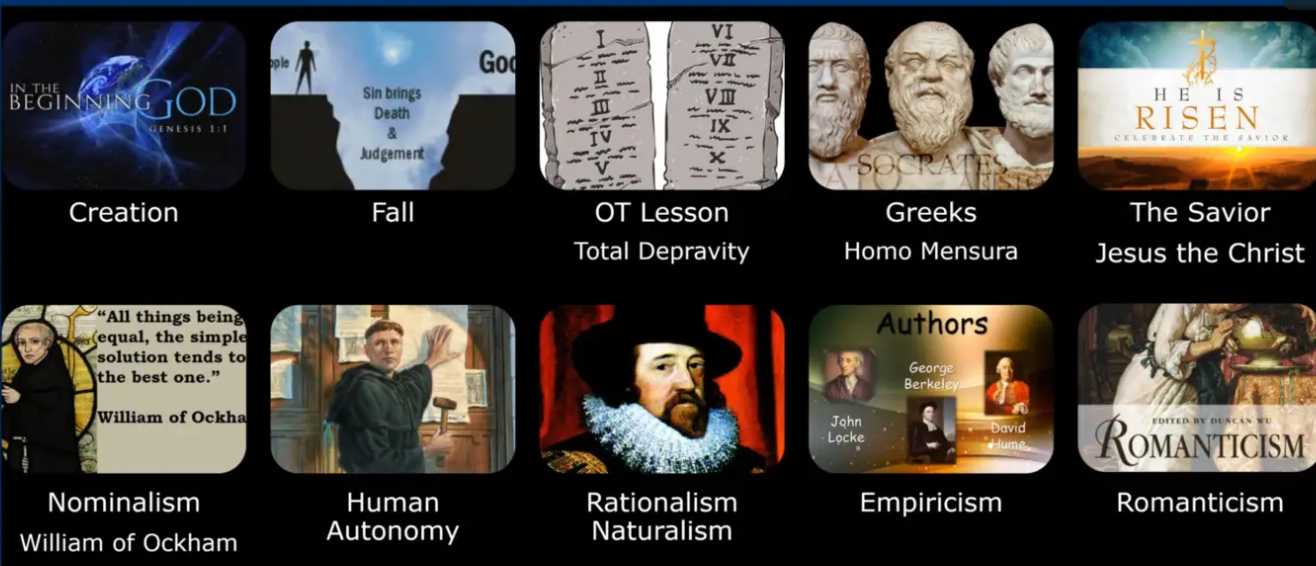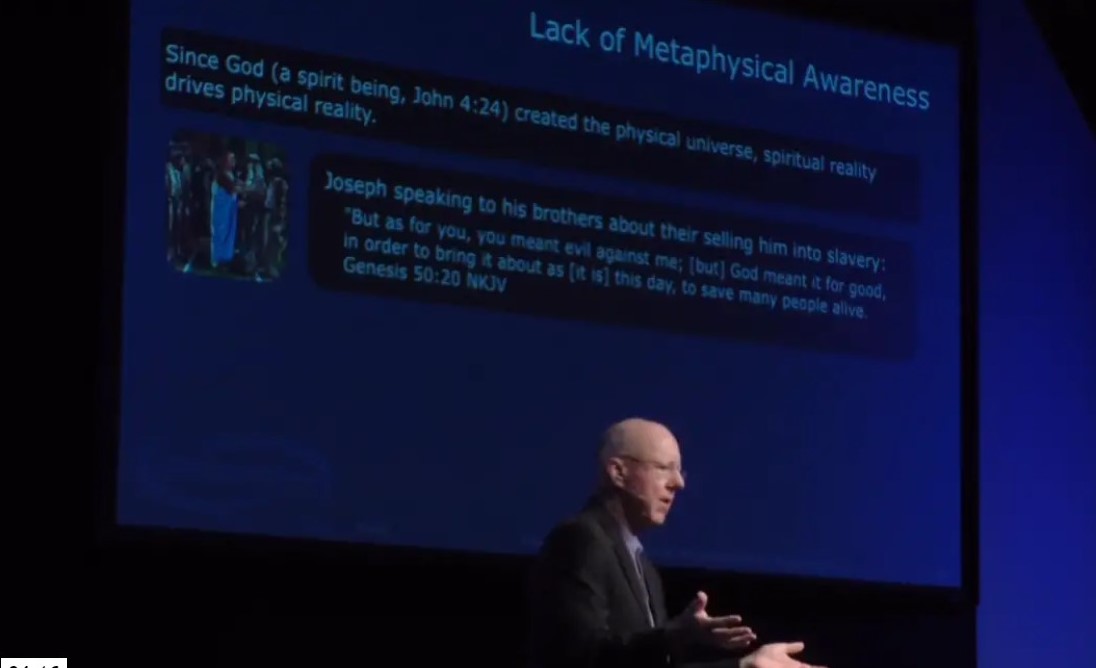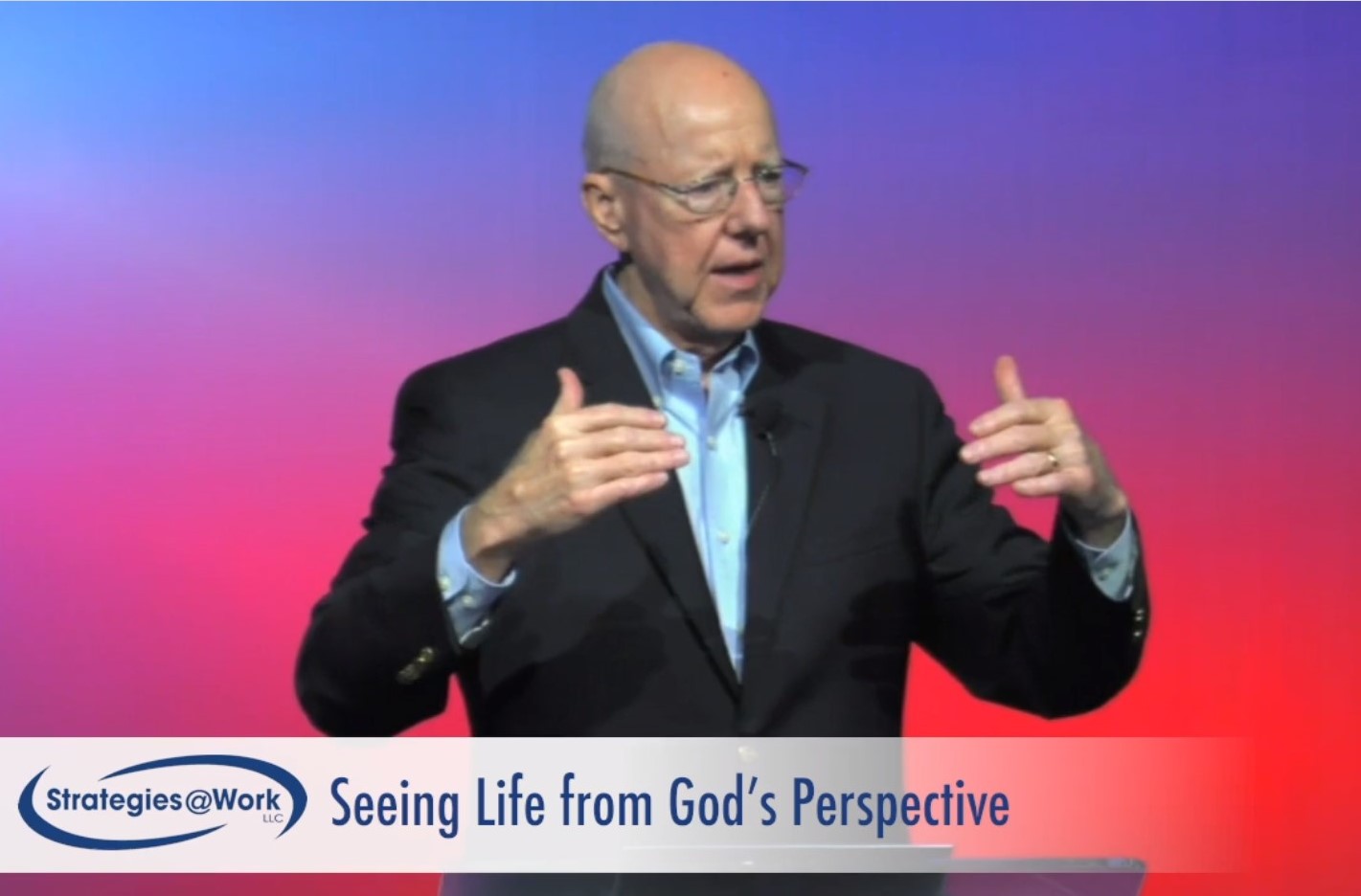 |
|||||
May 1, 2019 |
|||||
Gleanings |
|||||
|
|||||
by Gerald R. Chester, Ph.D. |
|||||
| Employees and employers may soon be facing new employment requirements. Those leading the movement to redefine societal norms are promoting discrimination against anyone who does not affirm their ideology that is incompatible with historical Christianity. Consequently, employees and employers who subscribe to a Christian worldview will face hard choices. Employees may be required to certify their support of cultural ideology to be accepted into many of the elite educational institutions. Employers may be required to affirm support of cultural ideology to be allowed to recruit on campuses. A recent incident at Yale Law School may be a harbinger of these new requirements. Below is an excerpt from an article about this event.
Yale’s policy of nondiscrimination supports the politically correct cultural ideology but is intolerant of those with a Christian worldview. The irony is that Yale, in the name of nondiscrimination, discriminates. The politically correct ideology demands tolerance of its views but is intolerant of conflicting Christian views. Further irony is Yale's history. More than three hundred years ago, the institution was established based on a Christian worldview. Christianity stood as its ideological foundation for approximately two hundred years. Only in the past one hundred years has Yale abandoned its Christian roots and embraced metaphysical skepticism. Metaphysical skepticism questions the veracity and authority of Scripture—something Christians have long held as sacred and foundational for defining societal norms. Also, Scripture was viewed as the axiomatic foundation of all knowledge and wisdom and, therefore, the basis of all education. Consequently, biblical wisdom was the normative guide for self-governance, family governance, church governance, workplace governance, and public policy. Traditionally, theologians were the advocates and protectors of the veracity and authority of Scripture. But with the advent of nineteenth-century liberalism, many theologians betrayed their duty and compromised. They embraced skepticism regarding Scripture. This meant that the biblical revelation of God was no longer the seminal foundation of life. Nineteenth-century liberalism was a by-product of the philosophical and scientific ideology of the eighteenth century, particularly, the French Enlightenment. The early liberal theologians sought to find common ground with secular thinkers. Attempts to accommodate secularism led to compromise. The genesis of the compromise was skepticism about the veracity of Scripture. Now two hundred years later, the leaven of liberalism has worked its way through the various Christian denominations and through the culture. Education is now secular. Business and economics have abandoned biblical principles. Judicial rulings and public policy are no longer biblically informed. And ethical norms are being redefined by an increasingly atheistic secular culture. Yale’s new practices are, therefore, no surprise. The practice of discriminating against Christians is a logical step in the process of skepticism. According to the aforementioned article, Yale’s policy of discrimination will be executed in the following manner:
Yale’s explanation of this policy was as follows:
Yale now requires all employers hiring Yale students to self-certify compliance to Yale’s nondiscrimination policy so the students can be eligible for financial assistance. It’s not difficult to see the possibility that soon, to gain admission to Yale, all students will be required to self-certify their agreement with the politically correct ideology of the culture. If the founders of Yale were able to speak to us today, undoubtedly they would want to know why the university has rejected the veracity and authority of Scripture. Why has the school abandoned its theological roots? Why has the university capitulated to the skepticism of liberalism? Perhaps Yale’s founders would confront today’s leadership by noting that the first skeptics were Adam and Eve, who, as recorded in Genesis 3, presumed the authority to define good and evil—something that was not granted to them by God. Their rebellion was an expression of doubt about God and his created order. God reserved the exclusive authority to define good and evil. In other words, God reserved the exclusive right to define all societal norms. How then could anyone think that mankind can presume the right to disconnect societal norms from Scripture? God made the universe and defines all its rules. This means that God defines the rules for families, churches, education, business, economics, law, and ethics. Yale’s founders might well cite scriptural warnings, such as Isaiah 5:20:
The politically correct culture today labors under the false label of “progressive.” Progressives are skeptical regarding the veracity and authority of Scripture and, therefore, falsely presume the authority to redefine societal norms. This presumption is not progressive, it is regressive and will only lead to judgment. Progress only comes by developing knowledge and wisdom congruent with a biblical worldview. Part of the purpose of the Christian community is to be salt and light to the truth. Therefore, the challenge for Christians is to resist the temptation to compromise with today’s politically correct ideology and be true to Scripture no matter what the cost. And the cost may be high; it may mean losing money, business, jobs, and freedoms. It could even mean martyrdom. Jesus warned Christians to count the cost to follow him:
Yale and other deceived institutions that adopt regressive practices in the name of progress will continue to challenge Christians. Is the Christian community prepared to truly follow Jesus in a deceived, regressive culture that is increasingly biased against Christianity? Instead of self-certifying to today’s politically correct ideology, are Christians willing to reaffirm their commitment to the veracity and authority of Scripture? This will be a test of who Christians are and what they are willing to sacrifice. _____________________________________ 1. https://thefederalist.com/2019/04/01/yale-law-school-yanks-stipends-students-work-christian-firms/. 2. Ibid. 3. Ibid. 4. Ibid. |
|||||
| Quick links | |||||
How Nominalism Changed the World |
|||||
Upcoming Training |
|||||
SLA Alumni Event: Blocks to Discovering Your Purpose |
|||||
|
|||||
The Power of Being Strategic |
|||||
Key Principles of Financial Management |
|||||
Management |
|||||
Business, Money, Technology, and the Kingdom |
|||||
Biblical Economics |
|||||
Succession Planning |
|||||
|
|||||
Gleanings |
|||||
Social Media |
|||||
Other |
|||||
|
|||||



.png)